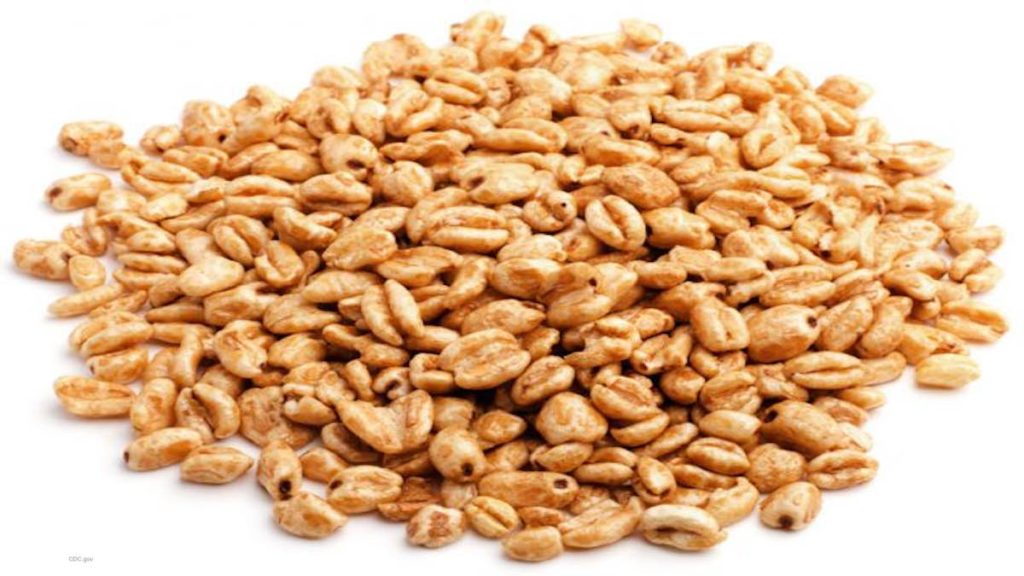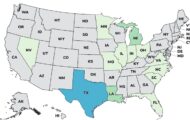There have been quite a few food poisoning outbreaks in 2018 that were linked to packaged and prepared foods, that is, foods that have been prepared in a factory or plant. The Fareway/Triple T chicken salad Salmonella outbreak is one example, as is the Salmonella Mbandaka outbreak that was linked to Kellogg’s Honey Smacks cereal and the Salmonella outbreak linked to Hy Vee Spring Pasta Salad.

Both of these items were “ready-to-eat,” which means that the consumer doesn’t heat them before eating. That makes them risky, according to an article by Consumer Reports.
There is zero tolerance for Listeria monocytogenes bacteria in ready-to-eat products in this country, but no such restrictions apply to Salmonella bacteria. Packaged and prepared foods may seem safe, but they can cause outbreaks.
In addition to the risk posed by the foods themselves, they can also contaminate any other surface of food they come into contact with, according to James E. Rogers, director of food safety research and testing at Consumer Reports.
Processed products can be contaminated in many ways. Fruits and vegetables used to prepare these products could be contaminated through animal or bird feces in the field. If the product is not heated further, such as the precut melon outbreak for Salmonella Adelaide, and the food is processed in a large plant, contamination can spread to a large amount of the food. In the chicken salad outbreak, the chicken may not have been thoroughly cooked. Or the bacteria could be present in the processing plant, as in the case of the Kellogg’s outbreak.
So how do you protect yourself? First, only buy food from a reputable facility. Second, pay attention to recalls from the FDA and USDA. And if you are in a high risk group, meaning you have a chronic illness, are elderly, or pregnant, consider not buying foods from delis, which can be risky, or precut fruits and vegetables.
Also, know the symptoms of food poisoning and call your doctor if you do feel ill. The symptoms of listeriosis include high fever, stiff neck, and diarrhea. The symptoms of salmonellosis include fever, nausea, vomiting, and diarrhea that may be bloody.




